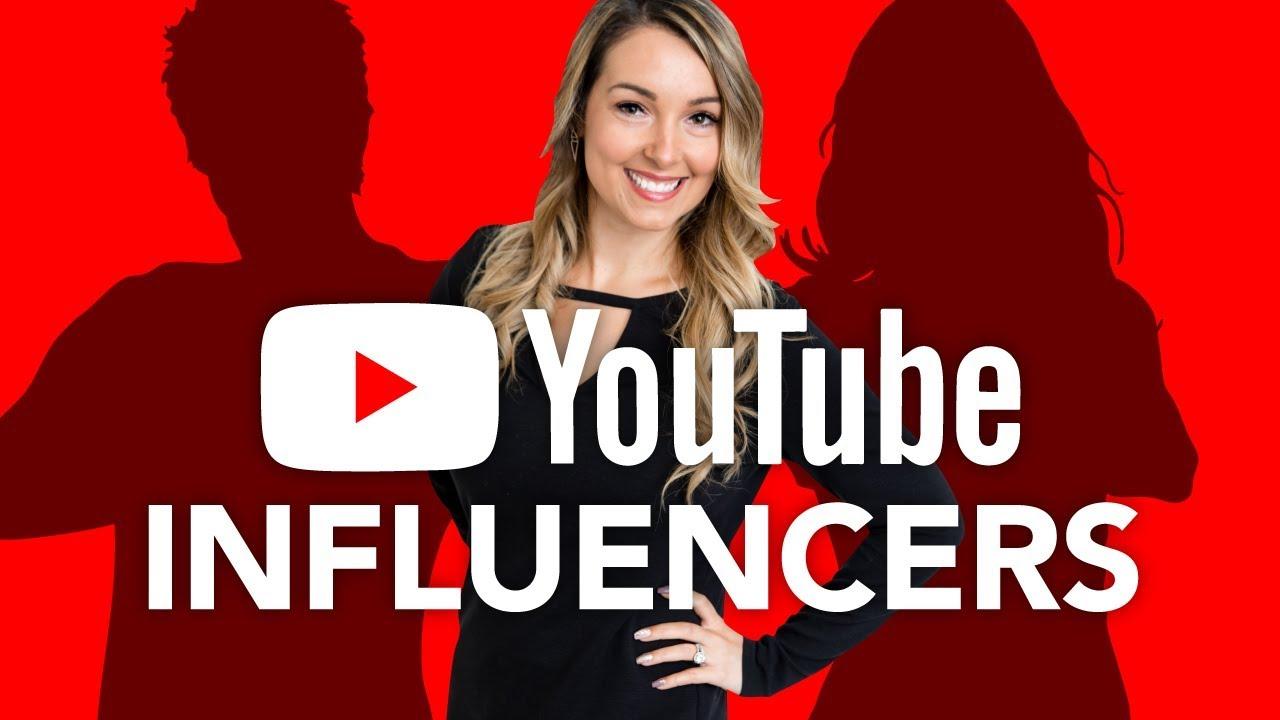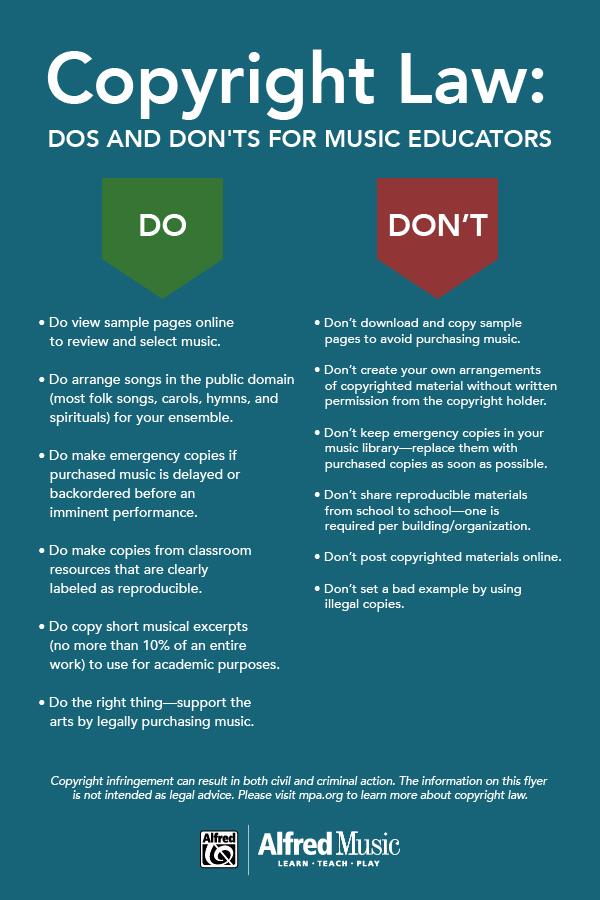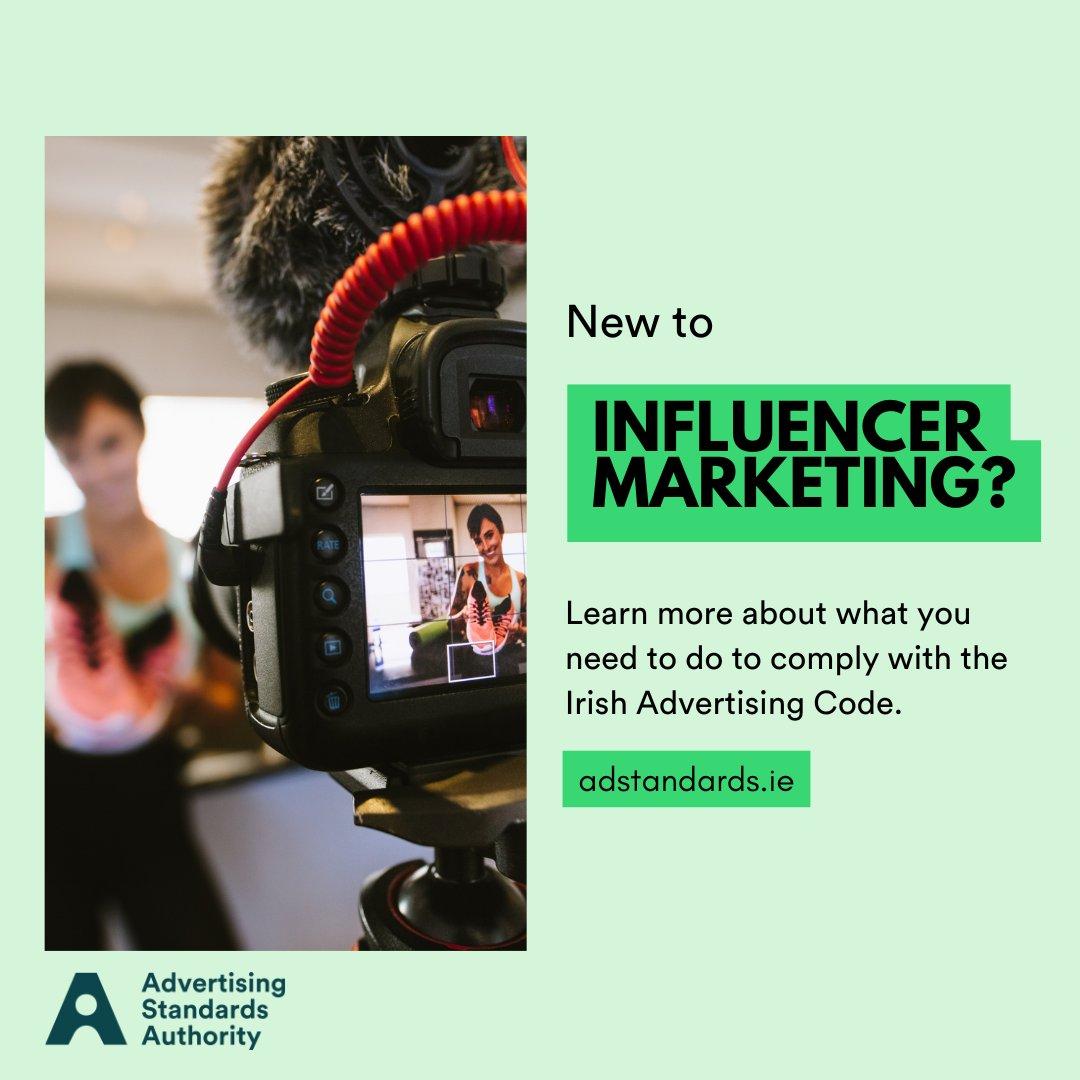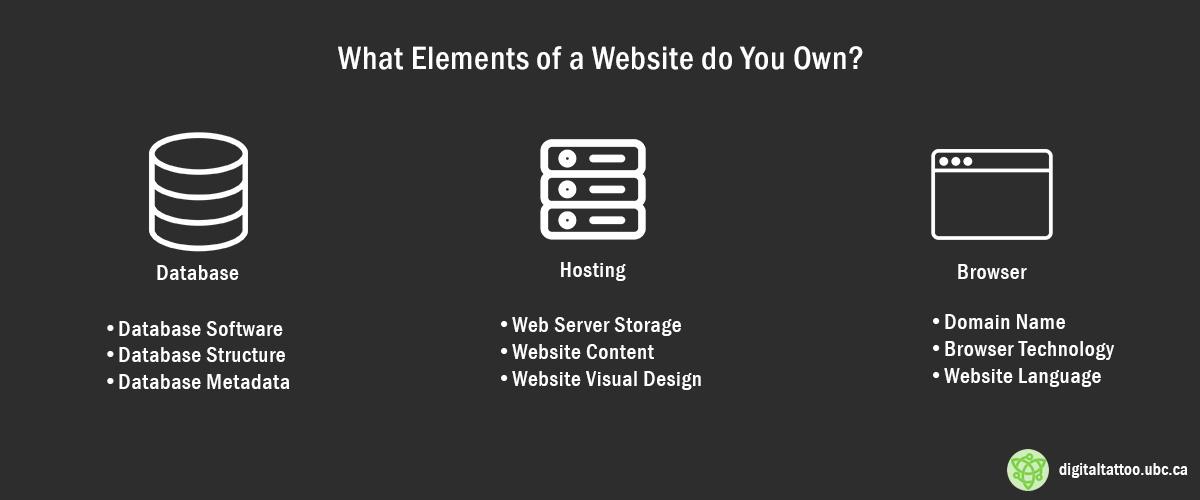
In the vibrant world of digital content creation, YouTube influencers stand at the crossroads of creativity and commerce, where their voices resonate with millions and their influence shapes trends. However,as the spotlight shines brighter,the complexities of compliance come into play. Navigating the legal landscape can feel like traversing a labyrinth filled with ever-evolving regulations, copyright considerations, and advertising guidelines.In this article, we delve into the essential legal insights that every YouTube influencer needs to thrive while staying within the bounds of the law. Whether you’re a seasoned creator or just starting your journey, understanding these legal nuances will empower you to build your brand with confidence and integrity. Join us as we explore the critical compliance issues that can affect your content, audience engagement, and ultimately, your success on this dynamic platform.
Understanding Copyright Laws and Fair Use on YouTube
As a content creator on YouTube, understanding copyright laws is crucial for maintaining compliance and protecting your intellectual property. Copyright laws grant creators exclusive rights over their original works, wich means that using someone else’s content without permission, such as images, music, or video clips, can lead to copyright strikes on your channel.Familiarize yourself with the concept of public domain and the differences between various licenses like Creative Commons. This knowledge can empower you to utilize resources legally while still keeping your content fresh and engaging. Remember, the presence of a copyright notice is a strong signal that the work is protected, so be sure to respect it.
In addition to understanding copyright, the principle of fair use plays a significant role in content creation. Fair use allows for the limited use of copyrighted material without permission under specific circumstances, primarily for comment, criticism, or educational purposes. When considering whether your use qualifies as fair use, assess the following factors:
| factor | Considerations |
|---|---|
| Purpose and Character | Is the use transformative or for commercial purposes? |
| Nature of the Work | Is the original work factual or creative? |
| Amount Used | How much of the work are you using? |
| Effect on Market | Does it affect the market for the original work? |
By thoughtfully evaluating these aspects, you can navigate the complexities of copyright and fair use effectively, reducing the risk of legal issues while enhancing the value of your content. Always consult legal resources or professionals if you find yourself in a gray area; understanding the nuances of these laws can make a significant difference in your creative journey on YouTube.

Advertising Standards: Disclosures and Transparency for Influencers
In the fast-paced world of social media, where influencers wield significant power over consumer choices, the importance of disclosures and transparency cannot be overstated. Regulatory bodies, such as the federal Trade commission (FTC) in the U.S.,mandate that content creators clearly disclose their relationships with brands to maintain trust and honesty. Compliance is not just about ticking boxes; it’s about fostering an authentic connection with your audience. Influencers must ensure that every sponsored partnership is backed by clear disclosures, which can be seamlessly integrated into video captions, descriptions, or even spoken within the content. Failure to do so can lead to penalties and a decline in audience trust,making it crucial to integrate these practices into your regular content creation workflow.
To assist influencers in navigating disclosure requirements, here are some crucial elements to consider:
- Use Clear Language: Phrases like “sponsored,” “ad,” or “paid partnership” should be prominently featured.
- Positioning Matters: disclosures should be placed at the beginning of a video or in the first few lines of a description for maximum visibility.
- Avoid Ambiguity: Vague terms can confuse viewers; clarity is key to ensuring compliance.
| Disclosure Method | effectiveness |
|---|---|
| On-screen Text | High |
| Verbal Disclosure | Moderate |
| Description Box | Low |

Managing Content Ownership and Licensing Agreements
For YouTube influencers, understanding content ownership is crucial as it directly impacts your creative freedom and legal liability. Each piece of content you produce, from videos to music, is subject to copyright—the original creator holds the rights. Thus, it is indeed essential to be clear about who owns the content and what rights you’re granting to third parties when collaborating with brands.This ensures you retain control over how your content is used, while also complying with contractual obligations. Consider outlining ownership terms in any collaboration agreement to prevent potential disputes down the road.
When it comes to licensing agreements, influencers should pay close attention to provide guidelines for usage. key considerations in these agreements can include:
- Duration: Specify how long the license will be effective.
- Geographic Scope: Define where the content can be used (locally, nationally, internationally).
- Permitted Uses: Outline how the brand can utilize your content (e.g., advertising, social media).
- Attribution: Decide if and how you will be credited for your work.
Additionally, maintaining detailed records of each content creation and licensing agreements can help clarify ownership and protect your intellectual property. This can avoid potential infringements and help you navigate the complex landscape of content creation on platforms like YouTube.

Handling Disputes and Legal Challenges in the Digital Space
In the fast-paced world of digital content creation,disputes can arise unexpectedly,often leading to legal challenges that may threaten an influencer’s career and reputation. Whether it’s copyright claims over music, brand partnerships gone awry, or issues with platform policies, understanding how to navigate these situations is crucial. Influencers should stay informed about their rights and obligations under the law, as well as establish clear guidelines in collaborations to mitigate potential conflicts. Here are some key strategies to consider:
- Document Everything: Maintain detailed records of all communications,agreements,and content creation processes to protect your interests.
- Consult Legal Professionals: Engage with legal experts specializing in digital media to gain insight into your specific situation.
- know the Platform Policies: Familiarize yourself with YouTube’s community guidelines and copyright laws to reduce the risk of violations.
- Mediation and Arbitration: Explore alternative dispute resolution mechanisms to resolve conflicts before escalating to litigation.
While many influencers may prefer to focus solely on content creation, neglecting to prepare for legal disputes can have dire consequences. Proactive measures can considerably alleviate the difficulties associated with disputes. Understanding essential elements like fair use, the scope of intellectual property rights, and platform-specific agreements can empower you to handle challenges more confidently. Below is a brief overview of common dispute types and their resolutions:
| Dispute Type | Common Causes | Potential Resolutions |
|---|---|---|
| Copyright Claims | Unauthorized use of music or video clips | Content removal, licensing agreements |
| Brand Partner Issues | Contractual disagreements or unmet expectations | Mediation, renegotiation of terms |
| Defamation Claims | False statements affecting reputation | Apologies, retractions, legal defenses |
Final Thoughts
as we wrap up our exploration of the intricate landscape of compliance for YouTube influencers, it’s clear that navigating these waters requires more than just creativity and charisma. Understanding the legal nuances surrounding content creation not only protects your brand but also elevates the trust your audience places in you. By embracing transparency, familiarizing yourself with regulations, and prioritizing ethical practices, you can forge a path that not only leads to success but also fosters a community built on integrity and respect. As the digital landscape continues to evolve, staying informed and adaptable will be your greatest asset. Remember, compliance isn’t just a set of rules; it’s the foundation of a enduring and thriving presence in the ever-expanding world of YouTube.So go ahead, create boldly—but always keep one eye on the legal horizon.